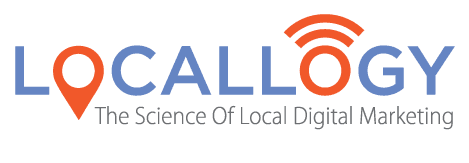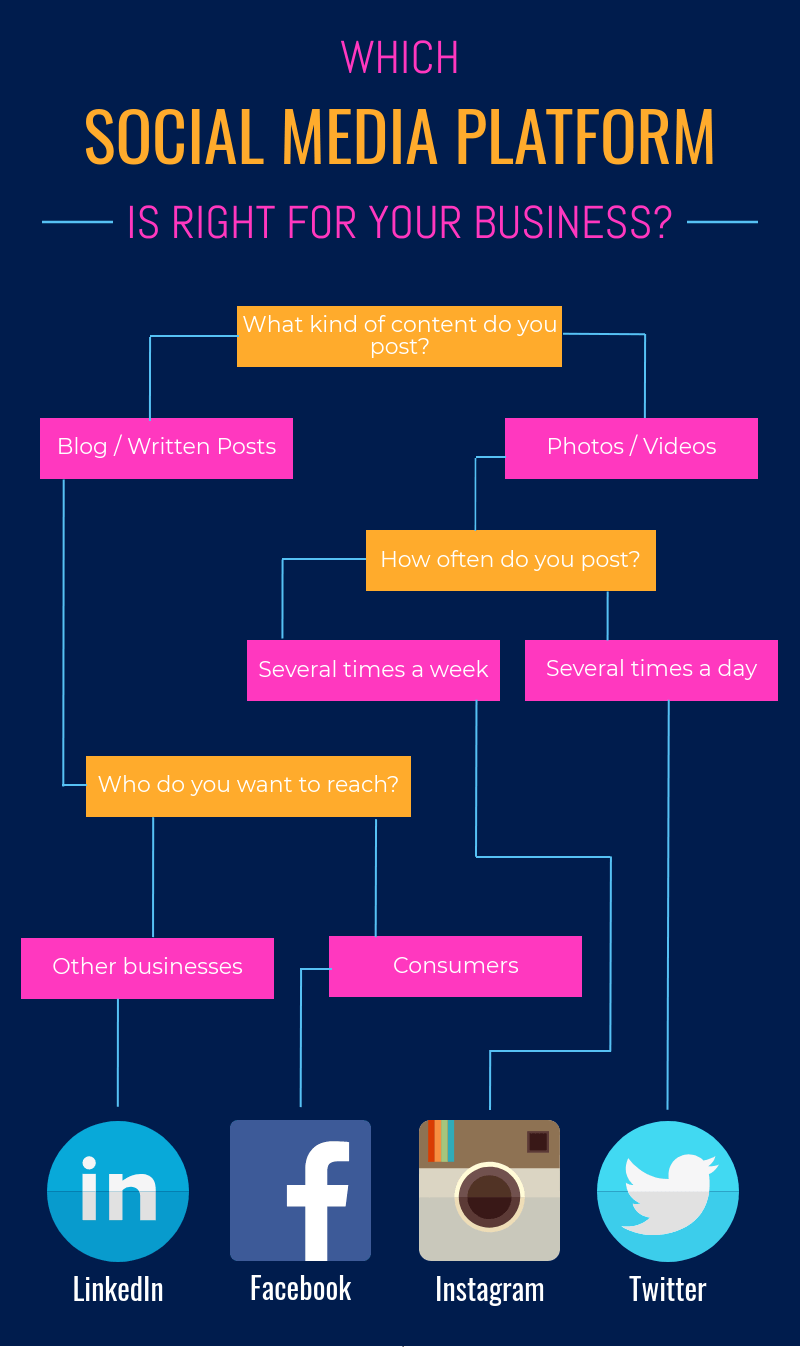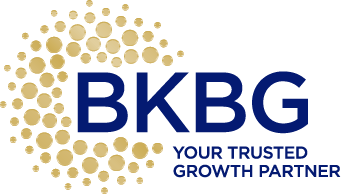What Social Media Platform Should Your Business Be On?
How to tell which social media sites your business should be using
Facebook. Instagram. Twitter. LinkedIn. Pinterest. The list of widely-used social media platforms goes on and on.
From a purely personal standpoint, you can be on as many social media sites as you want, using them as often or little as you choose. But for businesses, there’s a strategy involved in using social media, and determining the platforms you should be using for your business takes a little more thought.
If you want your business’s social media accounts to gain traction, you’ve got to be strategic about which platforms you use.
Where to Start
The best place to start when determining which social media platforms you want to use is to nail down your social media goals.
- Identify your target market
: Are you going after a specific age group, or do you want to target other business owners? Different demographics tend to use different platforms, so figure out who you want to reach.
- Choose your conten
t: What type of content will you be sharing? Blog posts? Quick updates on products? How-to videos? Each type of post has a platform that is ideal for sharing, so you’ll want to figure out which aligns with the content you’ll be posting.
- Determine your allotted time:
Some social media platforms typically require more frequent updates than others, if you want to grow your followers. From the start, you should have a plan for how often you will be able to post—realistically.
Facebook: For All Businesses
Facebook is a platform most businesses are on—and with good reason. In Q1 of 2018, the social networking website had over 2.19 billion monthly active users. That’s a pretty wide audience reach for businesses, even if you aren’t reaching every single user.
But that’s not the only reason we recommend businesses use Facebook. This social media platform has greatly expanded since its inception, and now allows you to boost your content to a very specific audience. You can make sure your posts and ads are seen by the exact demographic you want, choosing everything from the age range to hobbies or interests your target audience would be interested in.
By creating these highly targeted ads, you’re more likely to reach the exact audience you’re looking to connect with, which will increase your chances of conversion.
In addition to this feature, Facebook is great for businesses because it allows you to interact with users however you choose. You can post links to your blog, photos, videos and even ask questions you want answers to. Facebook has gone from purely a social network to a key platform for businesses.
LinkedIn: For B2B
LinkedIn is primarily used by professionals who want to connect with other professionals. This is a particularly good platform to use if your business revolves around working with other businesses. Like Facebook, LinkedIn allows you to post a variety of content and interact with other users to collaborate on ideas or discuss industry-specific topics.
This social media platform is also helpful if you’re looking to hire new talent. LinkedIn offers a job posting and searching feature that connects both employers and job seekers, making the hiring process easier.
Between the opportunities to network with other business professionals and the ability to share content, LinkedIn is the best platform to use in a B2B setting.
Instagram: For Visual-Heavy Businesses
Instagram is a platform that revolves around posting photos and videos. So, if your business has more visual content than written, Instagram might be the way to go. Yes, you can provide a link to your blog or website on your profile, but most of your followers will interact via likes and comments.
Another important aspect to consider before using Instagram is who your target market is. Over 60 percent of Instagramusers are between 18 and 34 years old. So, if your target market is a younger crowd, Instagram could be your most effective option. However, if your audience is above that age range, you might not see as many followers as you’re hoping for.
Twitter: For Businesses with Time
Twitter moves quickly. Everything on this platform revolves around quick thoughts that are tweeted out throughout the day in 280 characters or less. It is a great way to monitor what people are saying about your business and join a conversation about the most socially relevant topics.
However, Twitter is the platform that requires the most posting—recommended five to ten times per day—which means it requires more time on your part. Therefore, we recommend Twitter for companies who have the time and/or resources (i.e., a social media manager) to spend crafting tweets throughout the day and interacting with followers.
If you can’t dedicate this kind of time on a daily basis, Twitter might not be the best platform for you.
Other: Industry-Specific Platforms
Some social media sites are intended for specific industries. For example, Houzzis a popular social site used by our clients to connect with people who are specifically interested in home remodeling. Companies post images and details about projects they’ve done, and users can save those images to their own account (kind of like Pinterest).
There are plenty of other niche social networking sitesout there, even for the most obscure markets, and they’re worth looking into if you are looking to connect with a specific group of people.
Pick Your Platform Poison
When it comes down to it, your business can be on as many or as few social media platforms as you want. Just remember that each networking site takes time and effort if you want to be successful, so it’s best to pick two or three that match your industry best.
Get the Latest Content in Your Inbox
Want to be the first to know about new content? Sign up to get our weekly blog posts sent to your email!












